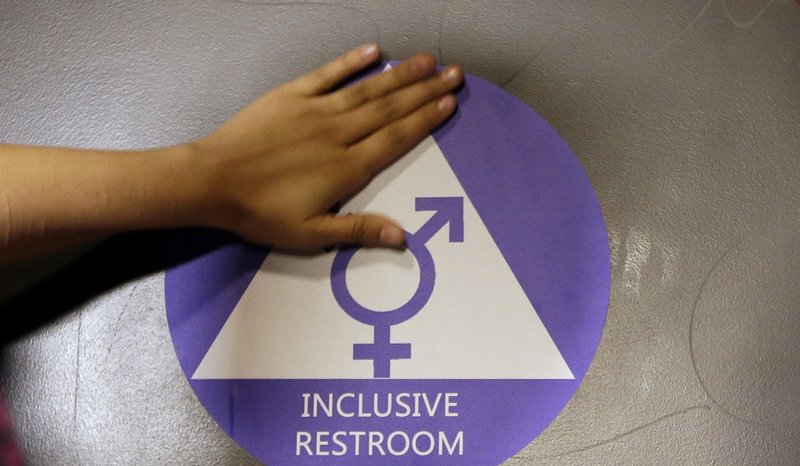Attorney General Steve Marshall announced that the plaintiffs who had recently challenged Alabama’s Vulnerable Child Compassion and Protection Act simultaneously dropped their challenges to the law.
Last Monday two families with transgender teens and two physicians sued the state of Alabama to overturn the law that was signed by Gov. Kay Ivey. The new law makes it a crime for doctors to treat trans youth under 19 with puberty blockers or hormones to help affirm their gender identity.
“On April 8, 2022, Alabama enacted the Vulnerable Child Compassion and Protection Act to protect children from experimental medical interventions that have no proven benefits and carry with them substantial risk of long-term, irreversible harm,” stated AG Marshall. “The law reflects a growing international consensus that children suffering from gender dysphoria should not be receiving puberty blockers, cross-sex hormones, and surgeries. Children who take these drugs risk permanent infertility, loss of sexual function, increased risk of heart attack and stroke, bone-density problems, risk of altered brain development, and psycho-social harms from delayed puberty. Conversely, the majority of children who experience dysphoria will have it resolve naturally by adulthood, if not subjected to the interventions above.”
Attorney General Steve Marshall Announces Plaintiffs’ Dismissal of Their Lawsuits Challenging Alabama’s Vulnerable Child Compassion and Protection Acthttps://t.co/QHgijkiXwV pic.twitter.com/62CORTiNym
— Attorney General Steve Marshall (@AGSteveMarshall) April 16, 2022
Marshall said the law was challenged almost immediately by several groups, including the SPLC, GLAD, NCLR, and Human Rights Campaign. The ACLU, Lambda Legal, Transgender Law Center, and Cooley LLP launched another, arguing that immediate relief was needed for their clients before the law takes effect next month.
“Despite those demands for immediate judicial intervention, last night, the Plaintiffs in both cases voluntarily and simultaneously dismissed their lawsuits. I’m grateful for the work my team has done to defend this important law and the children it defends,” Mashall concluded.
The law will go into effect on May 8, and violations will be punishable by up to 10 years in prison.
According to Alabama Media Group, at least one lawsuit is expected to be refiled.
Related
Share via:













